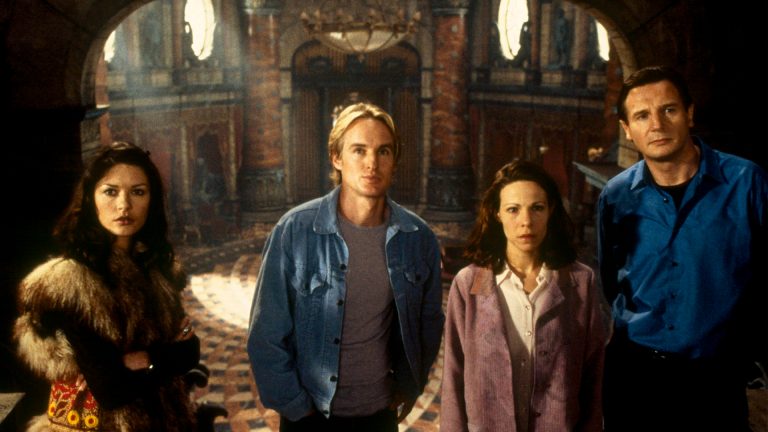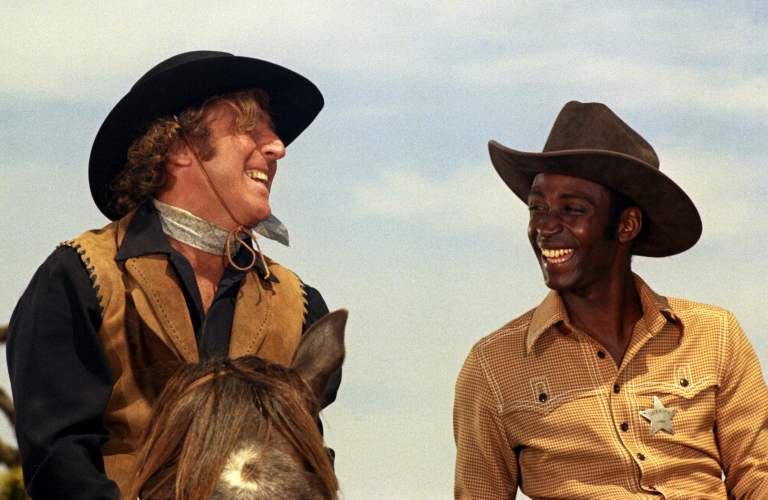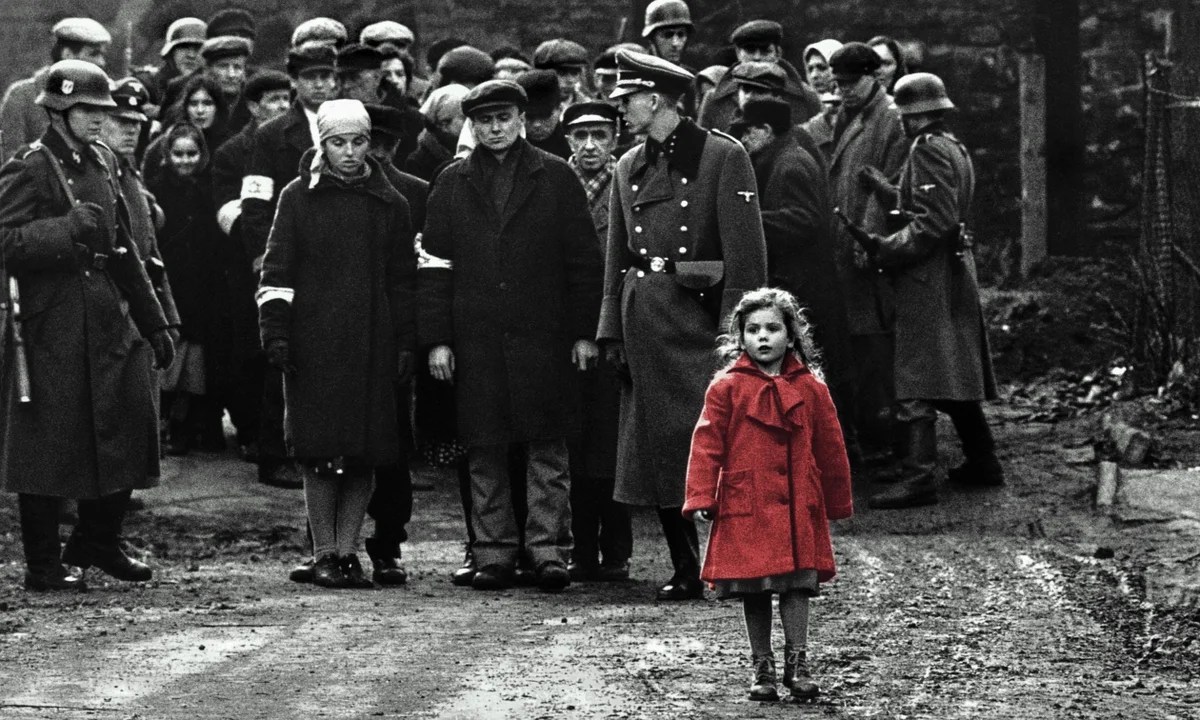
The 7 Best Steven Spielberg Movies, Ranked
There aren’t many directors as universally well-known as Steven Spielberg. Quite possibly the most famous filmmaker in cinematic history, Spielberg has held onto his cherished place at the forefront of the entertainment industry since the mid 1970s. In a career spanning five decades, three dozen movies, three Academy Awards, and hundreds of other prestigious accomplishments, Spielberg’s glistening Hollywood resumé speaks for itself.
As fans speculate about the details of Spielberg’s upcoming UFO-centric project, we decided to dive into Spielberg’s extensive filmography, ranking some of the director’s standout films from worst to best.
Jurassic Park (1993)
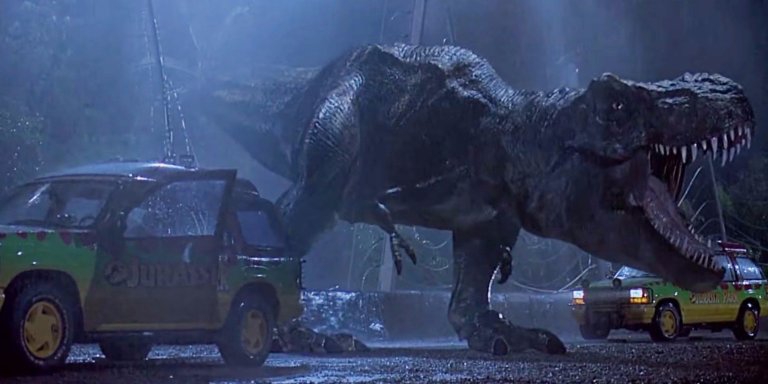
More than anything else, Jurassic Park deserves praise for its groundbreaking technical achievements, including its revolutionary use of CGI in a mainstream blockbuster. Yet at its heart, Jurassic Park also coasts on the strength of its central narrative. Adapting Michael Crichton’s best-selling novel into a full-length sci-fi adventure, Spielberg more than manages to retain Crichton’s core thematic subject matter, including an in-depth examination of controversial scientific advancements for the sake of profit and entertainment alone.
Close Encounters of the Third Kind (1977)
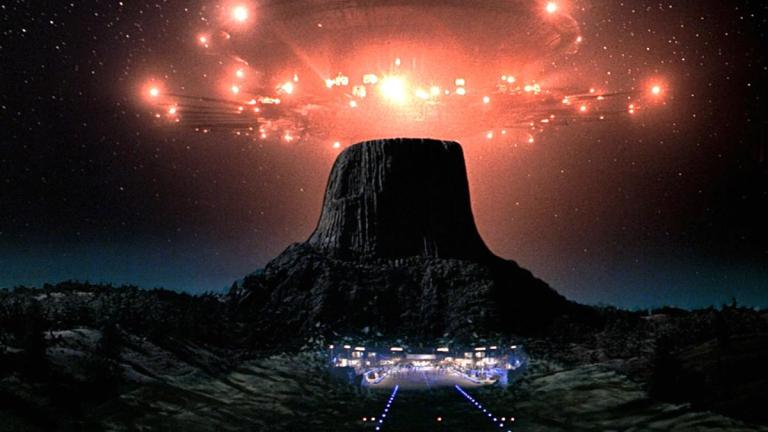
Spielberg had quite the challenge of him when he set out to make Close Encounters of the Third Kind. With audiences and critics wondering whether Spielberg could catch lightning in a bottle twice following the release of Jaws, everyone waited to see whether Spielberg could deliver a film every bit as good as his preceding movie. Fortunately, Spielberg exceeded expectations with Close Encounters of the Third Kind – a film that forever changed the nature of science fiction, ushering in a newfound level of realism and philosophical ideas into the larger sci-fi landscape.
E.T. the Extra-Terrestrial (1982)
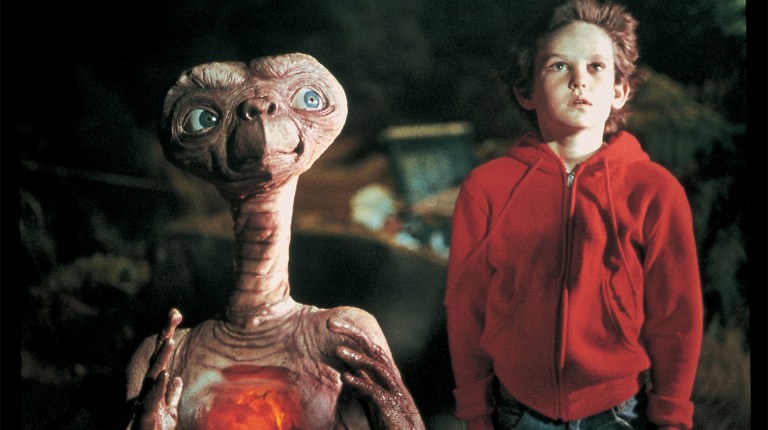
An ideal companion piece to Close Encounters of Third Kind, E.T. the Extra-Terrestrial also boasts an endearing central message about the power of grief and the connections we form to the most unlikely of companions. Incorporating a fair amount of autobiographical elements from Spielberg’s own life, E.T. also provides a luminous illustration about the wonders of childhood, neatly wrapped around a story about a stranded alien explorer and the human child he develops a friendship with.
Raiders of the Lost Ark (1981)
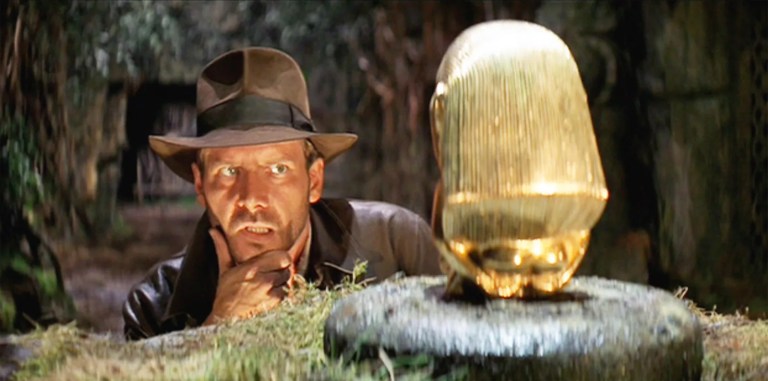
A nostalgic throwback to the pulp adventure films of the 1930s and ‘40s, Raiders of the Lost Ark also introduced the world to the iconic globe-trotting archaeologist, Indiana Jones. The first chapter in the Indiana Jones series, Raiders of the Lost Ark also remains the most eminently enjoyable of the franchise’s five films. Making effortlessly great use of Harrison Ford’s commanding lead performance and John Williams’ masterful soundtrack, Raiders of the Lost Ark’s legacy continues to resonate in every corner of the entertainment medium, influencing such disparate work as Lara Croft, Uncharted, Pirates of the Caribbean, and Captain America, among many others.
Saving Private Ryan (1998)
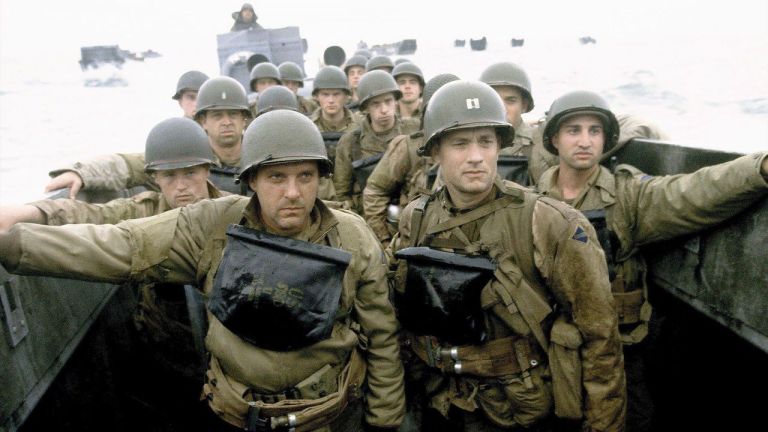
While Spielberg had routinely returned to the 1940s as the setting for many of his films, none of his movies captured the horrors of World War II to the same extent as Saving Private Ryan. Though an altogether fictional story, Spielberg nevertheless underscores the nightmarish experiences soldiers faced on the frontlines of the battlefield. A gritty, hyper-realistic war film, it speaks volumes about Saving Private Ryan’s harrowing level of realism that some WWII veterans couldn’t even sit through the movie’s opening D-Day sequence in its entirety.
Jaws (1975)
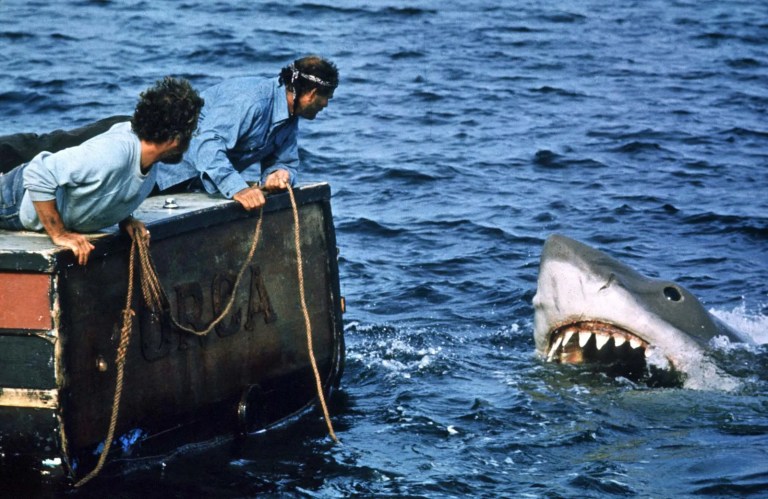
Jaws might not have been Spielberg’s first film, but it was the movie that helped make the young director a world-renowned sensation almost overnight. The prototypical summer blockbuster, Jaws showed off Spielberg’s ability to work under rigorous conditions and still create an altogether classic film. Overcoming chaotic weather, an unruly cast, a ballooning budget, and a malfunctioning mechanical shark, Spielberg solidified himself as a cinematic wunderkind with Jaws’s release in the summer of 1975.
Schindler’s List (1993)
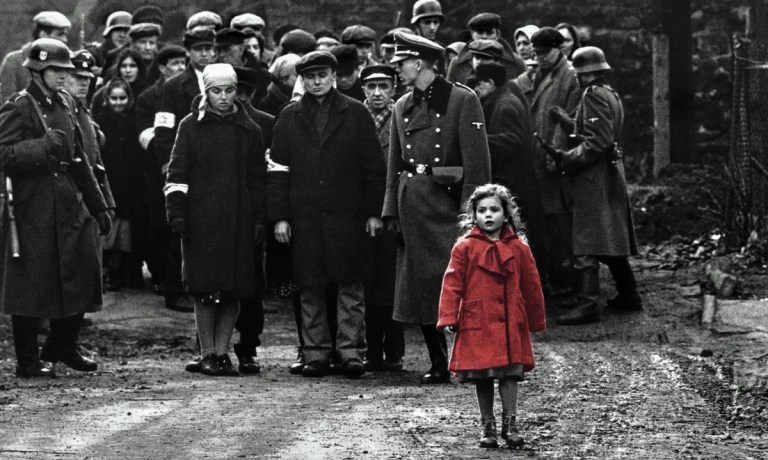
By the mid 1980s, Spielberg had begun to focus more and more on dramatic works, culminating in such lauded films as The Color Purple and Empire of the Sun. In 1993, however, Spielberg attempted his most ambitious drama yet with the biographical film, Schindler’s List. A sobering account of Oskar Schindler’s humanitarian battle against the monstrous Nazi regime, Schindler’s List forever immortalizes Schindler’s awe-inspiring efforts to save hundreds of Polish Jews from extermination. Never shying away from the awful reality behind the real-life Holocaust, Schindler’s List undoubtedly remains the greatest film Spielberg has yet to make, bar none.
